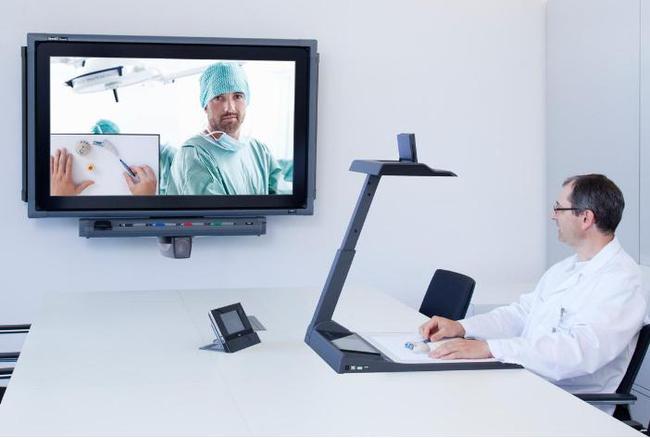With the rapid development of technology, remote medical services are entering people’s daily lives at an unprecedented speed. Digital health not only improves the accessibility and convenience of medical services, but also demonstrates enormous potential in improving treatment outcomes and reducing medical costs. This article will explore the current status of telemedicine services, how they are changing our lives, and the challenges and opportunities that may arise in the future.
The Rise of Remote Medical Services
Remote medical services, also known as e-health or m-health, refer to medical and health services provided through information and communication technology. It includes services such as remote diagnosis, electronic medical record management, online consultation, health monitoring and management. Especially during the COVID-19 pandemic, remote medical services have demonstrated their unique value, allowing patients to receive professional medical advice and services from home, effectively reducing the risk of cross infection.
The impact of digital health
Remote medical services greatly improve patients’ medical experience by providing convenient health management and medical consultation. Patients can communicate with doctors and access medical services anytime, anywhere through smartphones, tablets, or computers. This service model is particularly suitable for patients living in remote areas, with limited mobility, or those who need long-term management of chronic diseases.
Digital health tools, such as wearable devices and health monitoring applications, can monitor users’ health status in real-time and provide personalized health data analysis. These tools not only help individuals better manage their health, but also provide doctors with more diagnostic information, making treatment plans more accurate.
Enhance the efficiency of medical services
Remote medical services have improved the efficiency of medical resource utilization, especially in areas with large populations and scarce medical resources. Through remote medical services, doctors can serve more patients in a short period of time, and patients do not need to wait or travel for long periods of time to obtain professional medical advice. In addition, the use of digital health records has reduced medical errors and improved the quality of medical services.
Promote personalized healthcare
The application of digital health data analysis and artificial intelligence technology makes medical services more personalized. Health recommendations and treatment plans based on big data analysis can better meet individual health needs. In addition, by analyzing patients’ lifestyle habits, genetic information, and environmental factors, doctors can provide more accurate prevention measures and treatment plans.
Challenges Faced
Although telemedicine services have brought many positive changes, they also face a series of challenges. The digital divide may result in some populations being unable to enjoy the convenience of remote medical services. In addition, privacy and data security issues are also key concerns for users and service providers. Ensuring the security and privacy of patient data is crucial for the widespread acceptance of remote medical services.
Future development
In the future, with the continuous advancement of technology and the improvement of relevant regulations, remote medical services are expected to achieve a wider range of applications. Artificial intelligence and machine learning will play a greater role in disease diagnosis and treatment planning. At the same time, the popularization of 5G technology will make remote medical services more stable and efficient, providing patients with a better service experience.
epilogue
Remote medical services, as an important component of digital health, are changing the way we access and manage health services. It not only makes medical services more convenient and efficient, but also promotes the personalized development of medical services. Facing the future, we have reason to believe that with the continuous development and innovation of technology, remote medical services will continue to profoundly change our lives and make greater contributions to the global health industry.











































Discussion about this post